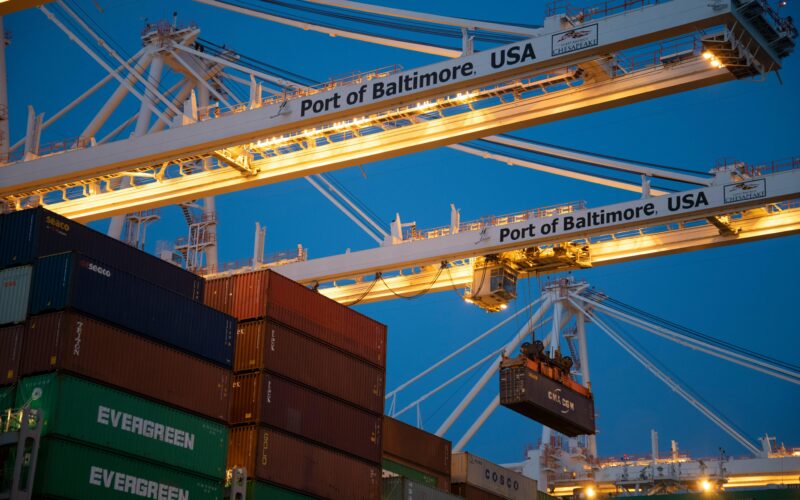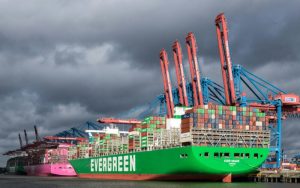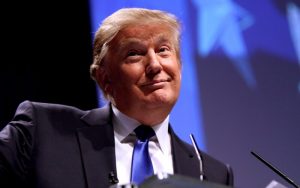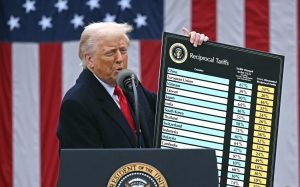
Exporters keep a wary eye on tariff movements in the United States.
The resounding United States election result delivered an unwanted shot across the bows of our exporters.
President-elect Donald Trump’s protectionist America-first policy had been well forecast, but the size of his victory, and the fact his Republican Party also controls the Senate and Congress, gives him extensive influence and power.
US voters delivered him a mandate to pursue his policies, which includes the imposition of blanket import tariffs of between 10% and 20%.
The primary target of this policy is China for what he cites as intellectual property theft and unfair competition that enable imports to undercut domestic US industry.
His answer is to impose tariffs of 60% to 100% on Chinese imported goods.
It is a view partially shared by the European Union, which last month imposed a 45.3% tariff on Chinese-made electric cars.
Reuters reports that an EU anti-subsidy probe found Chinese EV manufacturers had preferential financing and grants as well as land, batteries and raw material costs at below market prices.
With 100% tariffs in EV sales to the US and Canada, EU leaders feared Europe would become a dumping ground for China’s excess production capacity of 3 million EVs a year, twice the size of the EU market.
Unfortunately New Zealand risks being caught up in this scrap.
Sense Partners economist John Ballingall told Farmers Weekly last week that the bill for US importers of NZ goods with a 20% tariff could reach $1.76 billion based on total exports of $8.8bn.
Dairy, meat and wine exporters make up nearly two-thirds of NZ exports to the US and are already subject to variable tariffs and quota controls.
The US is our biggest market for beef and wine and second biggest for lamb, with sales of beef last year worth $2.2bn, lamb $1.2bn, wine $800 million and dairy $1.2bn.
The threat is especially concerning for sheepmeat, given the US market is growing while the key Chinese market remains flat.
Naturally NZ exporters have been cautious in their assessment of this potential threat.
The new president isn’t inaugurated until January 20, but there are several factors to consider as we assess what could happen.
The first is that he is unlikely to specifically target NZ exports as we are small fry at $8.8bn.
While our low-fat grinding beef is valued for complementing US beef, lobby groups from the US sheep and dairy industries, historically not allies of NZ, are likely to be lining up at Trump’s door pleading their case for even higher tariffs.
The president-elect may decide tariffs and quota controls on NZ imports are sufficient but the Republican Policy manifesto specifically mentions agriculture as an industry it seeks to protect.
Regardless of the political spin, consumers ultimately pay the cost of tariffs and one of the reasons Trump won the election was the perceived failure of the previous administration to address the high cost of living.
It may prove unpalatable for him to hike food bills further.
Hopefully NZ can stay under the radar and avoid direct impacts of his protectionist policy, but equally we could become collateral damage in a far bigger scrap.
You can now read the most important #news on #eDairyNews #Whatsapp channels!!!
🇺🇸 eDairy News INGLÊS: https://whatsapp.com/channel/0029VaKsjzGDTkJyIN6hcP1K

























